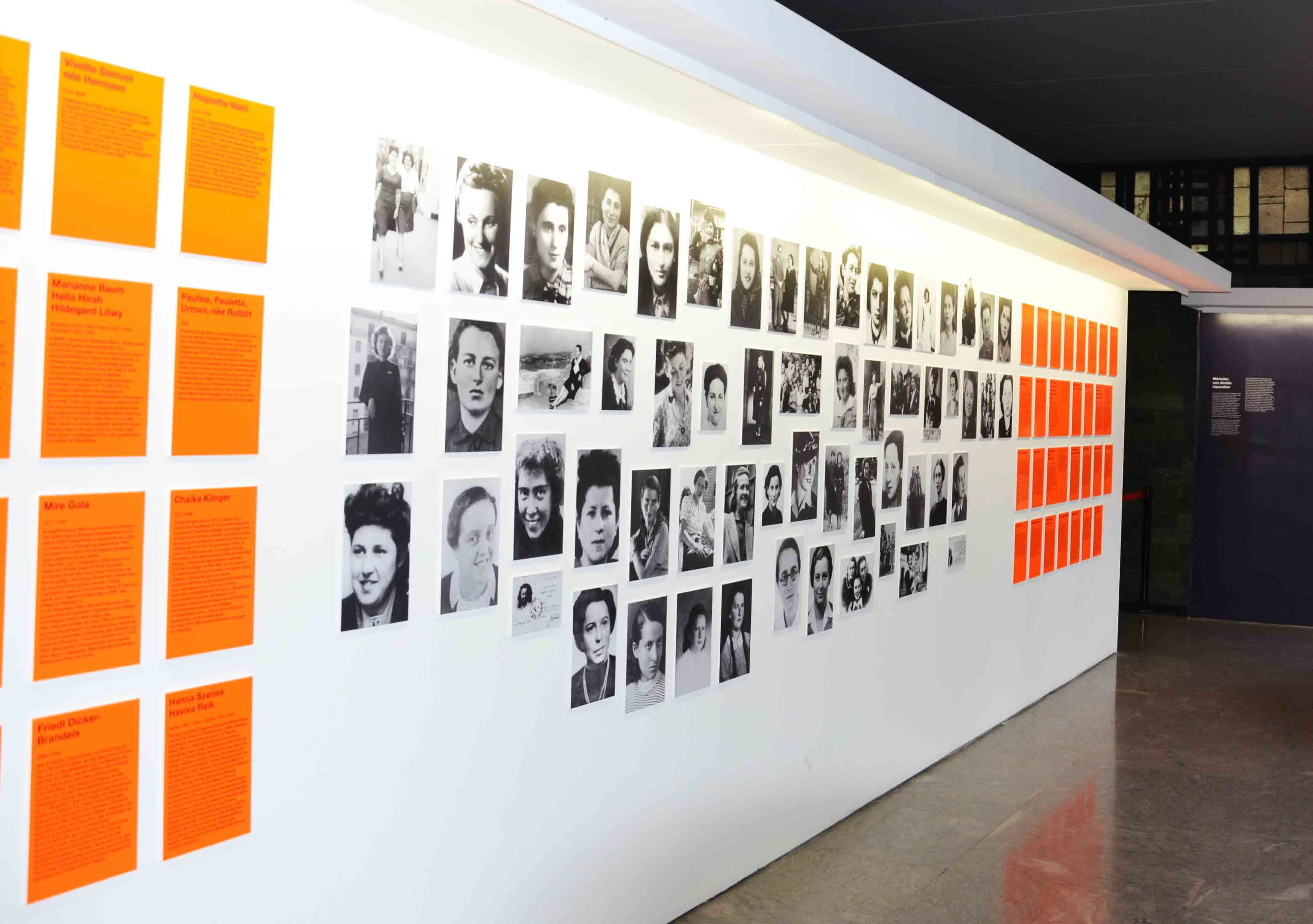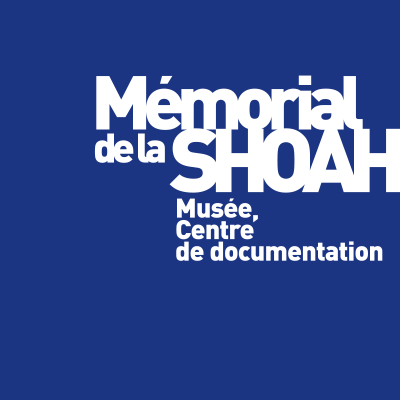Women in resistance
The mobilization of women during the war was unprecedented. Yet their place in resistance movements, like the reality of Jewish resistance, has long been ignored. The exhibition proposed by the Memorial with Casterman editions does them justice.
This exhibition was presented from March 8 to October 23 at the Shoah Memorial
The publication by Casterman editions of the series of albums dedicated to resistant women during the Second World War, the latest opus of which is devoted to the French resistance fighter Mila Racine, offers the opportunity to pay tribute to the Jewish resisters while welcoming the vitality of the graphic and editorial creation of the historical comic strip.
These women fought against the enemy, both in France and in occupied Europe, the concentration camps and killing centers.
Composed of numerous original archival documents and photographs, about sixty objects and comic strips, this exhibition produced in partnership with Casterman paints a portrait of these women without whom, according to the quote from Henri Rol-Tanguy, «half of our work would have been impossible».

In their vast majority, the resisters have deployed an activity that involves neither clandestinity nor even an apparent break with the expectations linked to their gender. Defense of the values of democracy, rejection of antisemitism and xenophobia, willingness to save threatened beings... were the common points of their commitment, itself specific by its precocity, its spontaneity, and its anchorage at the heart of the home.
In view of the political and legal status of women, as well as their previous weak militant commitment, this mobilization was unprecedented. Yet the place of women in all movements of the Resistance, and the place of the specifically Jewish Resistance in this same whole, have long been underestimated, or ignored.
In partnership with : 
Coordination
Sophie Nagiscarde, Caroline François and Fanny Fernandez, Shoah Memorial.
Texts
Philippe Boukara, historian, Catherine Lacour-Astol, doctor in contemporary history, member of the Center for the History of Resistance and Deportation, Michelle Perrot, emeritus professor, Emmanuelle Polack, art historian.
Research and iconography
Lior Lalieu-Smadja, Caroline Didi and Cécile Fontaine, photo library of the Shoah Memorial. Karen Taieb, Cécile Lauvergeon and Marie Lainez, archives of the Shoah Memorial.
Exhibition coordination team assisted by Ludivine Hebert.

